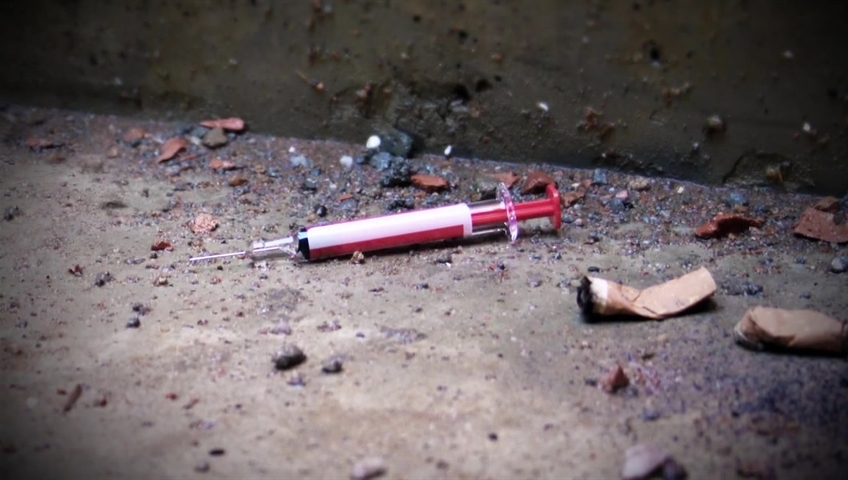As the City works on solving the opioid crisis, new data shows there was a slight decrease of overdose deaths for the week of July 24.

According to a recent report by Vancouver Police Department, there were two overdose-related deaths during that week, which is down from the three deaths reported in the previous week. VPD said that the deaths occurred outside the Downtown Eastside, which they say shows the overdose crisis can affect anyone across the Lower Mainland.
READ B.C.’s illicit drug overdose numbers continue to rise; almost four deaths each day
“I met with Premier Horgan and Mental Health and Addictions Minister Judy Darcy this week and am encouraged by the B.C. government’s attention and priority to save lives from drug overdose deaths across the province,” Mayor Gregor Robertson said in a release.
“The City, our first responders and front-line workers are ready to get to work with renewed provincial interest in solving the opioid crisis, and getting people proper addictions care when they need it, whether it be treatment on demand, clean prescription opioids, counselling or other health services.”
Vancouver Fire and Rescue Services (VFRS) also reported a 62 per cent increase in overdose response call volume from the previous week, with 172 calls in total. According to the report, the changes in data show how organizations working on the front lines in the Downtown Eastside make an impact on reducing the number of deaths due to overdoses, but the work is far from done.

Get weekly health news
WATCH: First Nations hit hardest by overdose crisis

On July 26, Patricia Daly, chief medical health officer of Vancouver Coastal Health, told city council about the effects of the overdose crisis on Vancouver’s Indigenous people. She identified the risk of overdose is 12 times higher for Indigenous people compared to the rest of Vancouver’s population.
The First Nations Health Authority also released a report indicating that although Indigenous people represent 3.4 per cent of B.C.’s population, 14 per cent of all overdose incidents in the province were experienced by Indigenous people. According to the release, this is why city council has made Aboriginal Healing and Wellness a priority.
“Indigenous people are over-represented in the opioid overdoses and deaths. The funding from the City of Vancouver is critical, as frontline agencies are being overwhelmed and most are hosting memorials weekly,” Kevin Barlow, CEO of Metro Vancouver Aboriginal Executive Council (MVAEC) said.
READ Fentanyl health effects: what happens during and after an overdose
On July 25, the council approved $148,000 in grants for non-profit organizations to provide Indigenous people access to healing and wellness support, such as Elder advice, counsel and traditional healing. The following day, it unanimously approved $265,070 to build capacity with urban Aboriginal communities in the midst of the overdose crisis. This included a $50,000 grant to the MVAEC, representing 23 member organizations, to implement an Urban Indigenous Opioid Task Force.

Comments